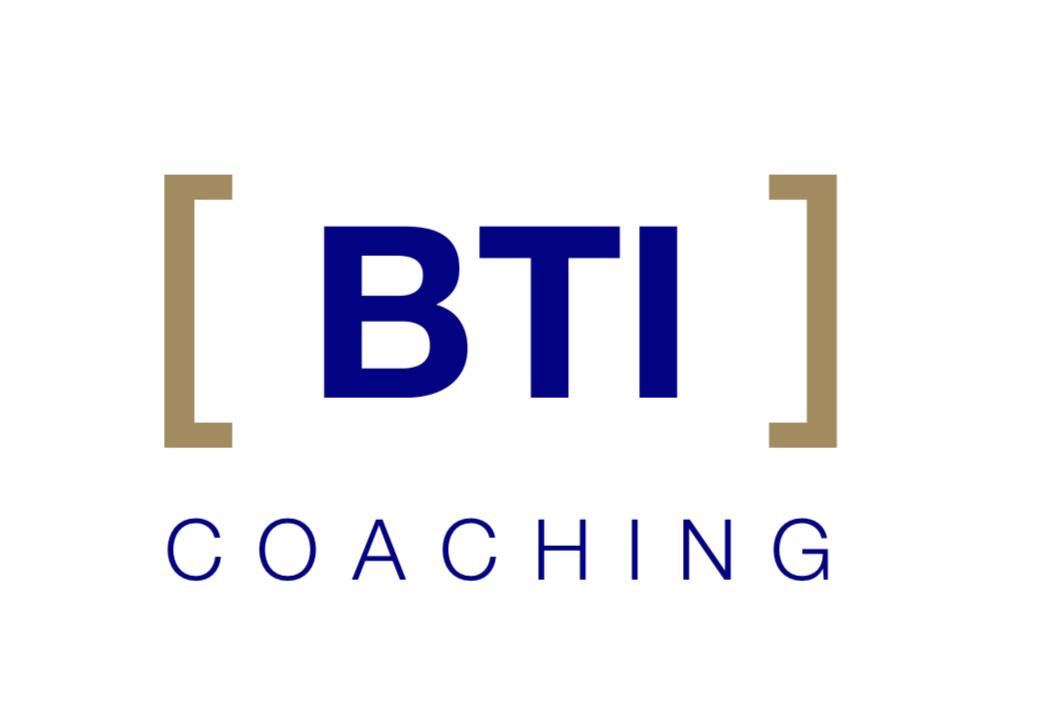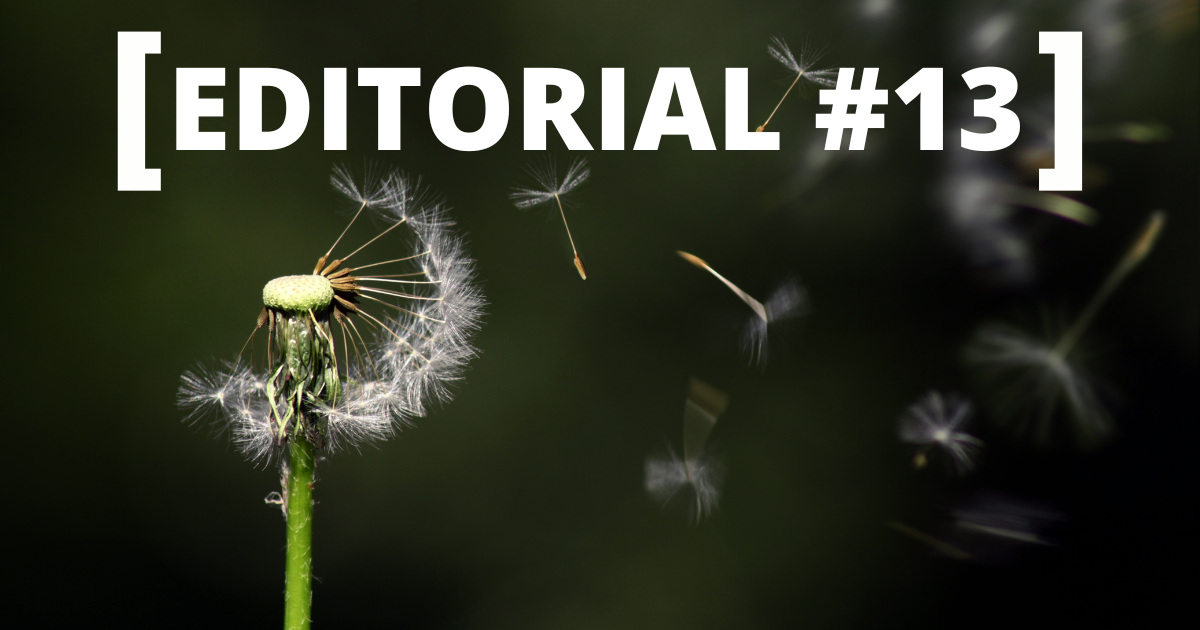
Are You Living Your Life?
Each week passes at a speed that exceeds us. It seems like it was only yesterday that you received the last BTI newsletter. Did you do anything inspiring and meaningful since last Friday? Imagine teleporting to next Friday. What will you have done with your week? Will you feel satisfied to have achieved something different? How has this week been decisive in your life?
Living in the present moment invites us to slow down and pause. This reading is part of living in the moment and being present, and we thank you for it. Every day is unique and wonderful and allows us to transcend ourselves, to move forward a little more. Don’t wait. Move now!
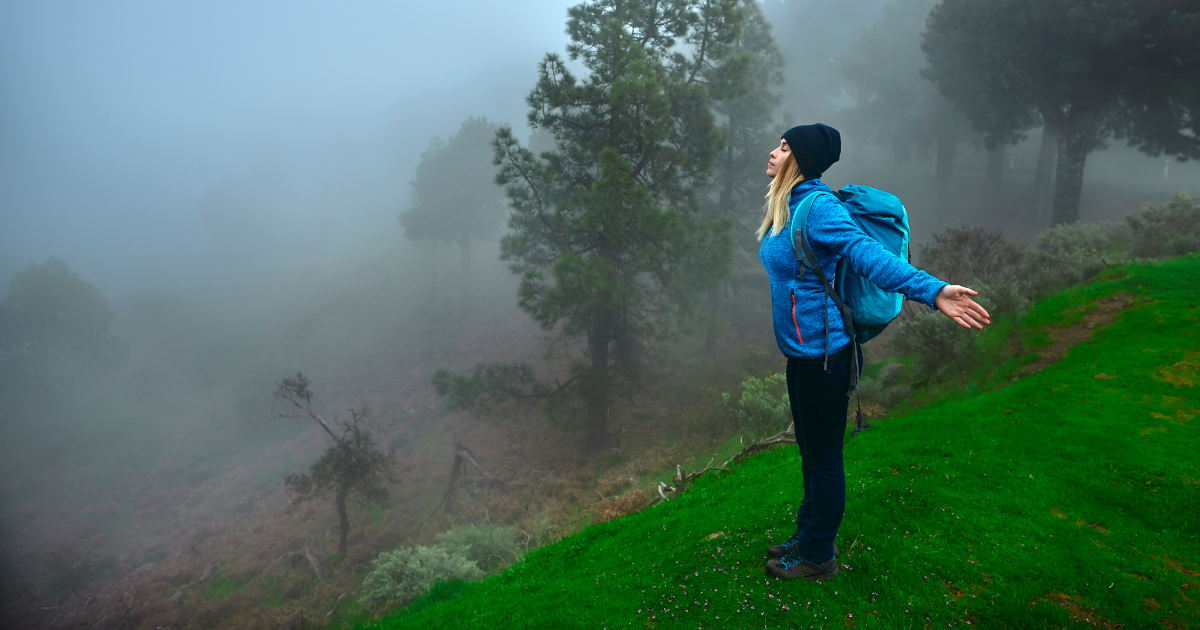
Breathing
Breathing is nowadays a key component of our wellbeing. Mindfulness and meditations are millenial practices which teach us how to assess our body sensations, feelings, thoughts and provide so much benefits for our health.



Stand up & walk. Move forward.
Strong emotions of the past affect our memory and will impact the course of our life. How to choose thoughts that will build our capacity to act, our way of thinking, and not those imposed by the media and governments? Society has to remember the tragic and historical events that have marked us. It also has to promote the gestation of collective mourning towards acceptance and action.
On the other hand, it is necessary to accept the new reality, identify collective and individual learning, and gain the know-how to turn the page. Why do we erase and forget some events more than others? We all have the ability to decide whether to remember or forget. We can favor our thoughts by choosing those we wish to value and strengthen. Doing so will mark our neural pathways with their imprints.
It’s the same with our beliefs. We have the choice to identify the potential ideas that will supersede our limiting beliefs. It is up to us to do the work on an ongoing basis. Our identity and our personal development depend on it.

Mid Year Reset
Knowing how to restart requires the desire to leave with new knowledge. Do not allow yourself to get stuck. Get your head above water.For this, we must be compassionate with ourselves. Coaching is there to remind us of this.
A semester just ended. During this first week of July, you have the opportunity to redefine priorities and find your flow. What have you learned? What do you want to change? What is your course for this end of the year? No one will come to do it for you, so go ahead and create the anchors that will allow you to dream again and unleash your potential.
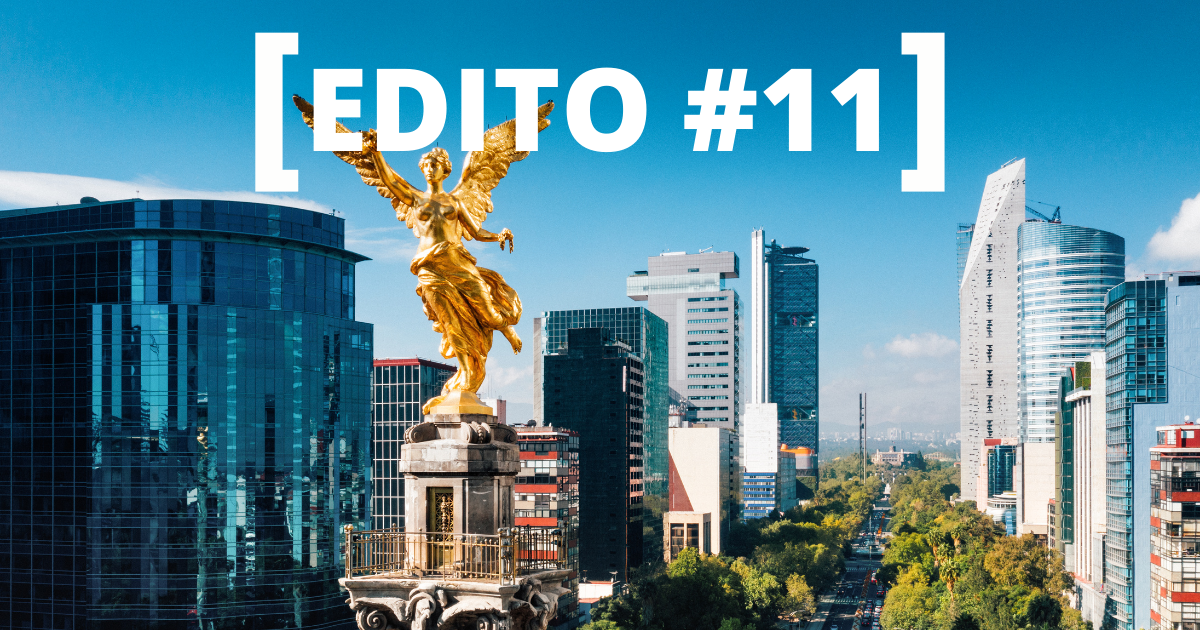
Hybrid Coaching
Today’s leaders are thinking about the correct equation for hybrid working. What about Coaching? Virtual facilities and simplifications lead us to believe virtual work will replace face-to-face interventions.
My return to Panama and Mexico made me reflect on the following questions: What is the best option for organizations? What do my clients need? What did I gather during my return to face-to-face Coaching?
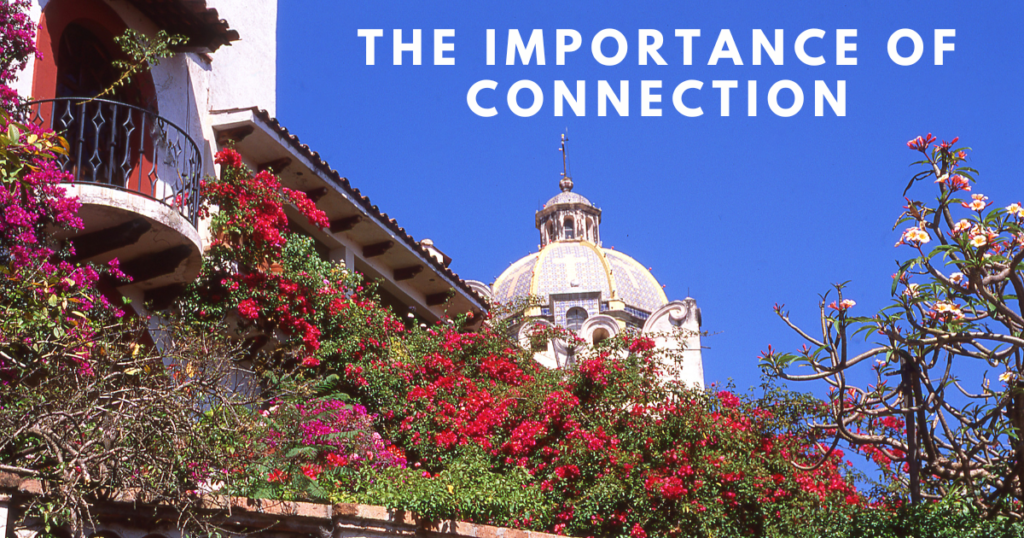
Coaching is a discipline that adapts to new times and takes advantage of new technologies. While it is true that virtuality allows us to work remotely without having the constraints of heavy logistics, it is also a source of new learning. Using innovative applications has allowed me to anchor my clients’ knowledge and guarantee their commitment. These are experiences that remote technology makes possible.
However, let’s recognize that face-to-face work offers unique opportunities that we tend to dismiss, such as reading facial expressions and measuring the intensity of the tone of a voice. Inspiration resides in Mexico, and the exaltation of the senses is inevitable in Morelos. These magical and colorful spaces bring another dimension and greatness to the soul. I am the witness of a living system that moves and transforms under the effect of my questions, and the presence of each moment enriches us.
Physically accompanying my Mexican clients turned out to be a luxury that I had not been able to experience during the last two years. Diving into the chaotic environment of Mexico City and breathing the sweetness of the lands of Morelos allowed me to reconnect with the reality of an inspiring and rewarding job.
My three main lessons:
1- Give value to the context and source of inspiration.
Changing space and place facilitates the contextualization of a session, whether it be individual or in a group. The markers are new. Our senses are alert and pay attention to possible nuisances and distractions. The Coach is on his guard and must question himself at all times. The Coach is part of the system composed of renewed elements that challenge us.
2- The importance of connection.
The coach does not hide behind a screen. He faces reality. He is connected to himself, grounded in the context but also to his client(s). Such connection is multiple and powerful. This connection with our clients is more natural and enlightening and tends to generate new relationships.
3- Presence is meaningful.
The silences are absolute, and the words are more meaningful and accompanied by an unfiltered voice. The coach knows he shouldn’t play. The game is not his responsibility. But it is true that in the presence of the other or the group, the coach works without a net. Expressed with more nobility and elegance is the Coach’s art. We live the moment in all its splendor, without detours or hiding places.

Make An Impact!
The impact is determined by how hard things change for people. This contact with the other, whether physical or virtual through the exchange of ideas will create the conditions for emergence. It is the action of an entity endowed with a force on another.
The impact is also expressed to determine the effect produced or the influence on a person. Our personality or even our presence leads to create emotions that will build a memory. It is clear that the stronger the impact, the more it will tend to mark us and therefore influence our thoughts, and even our future actions.
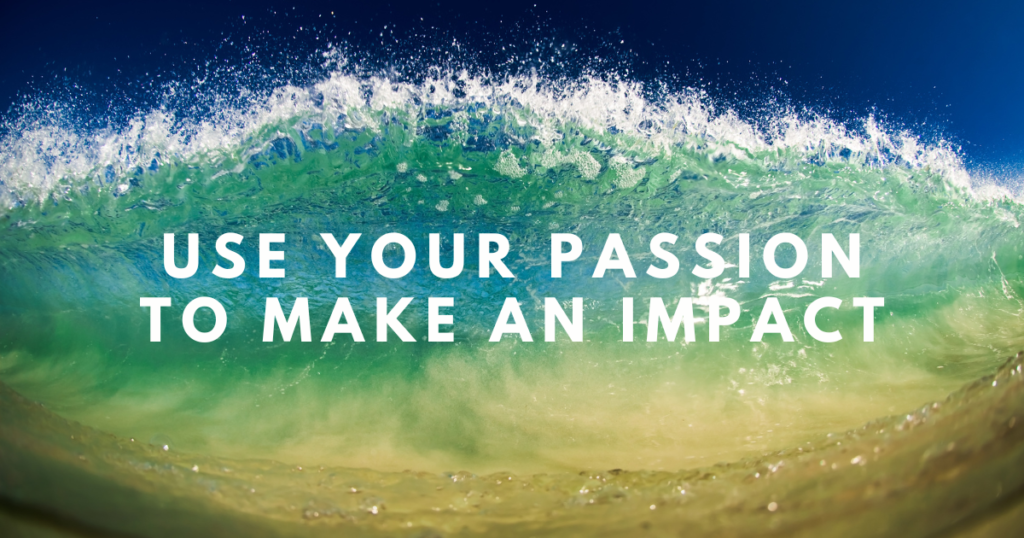
In personal development, the impact with which you will say things or pose your gaze is a precise moment by which you will come in contact with the other and you will make him move. How you exercise the action is decisive. One action is often enough to shake up the other and make them pass into another state despite their resistance to change. We are crossing a subject, we have the elegance and the firmness to move forward. Many elements will be taken into account for this impact to hit the mark.
Reflecting on the impact helps to gain the confidence of any leadership. The impact can be measured by the actions that have been implemented but also by listening to others.
When team members feel that they are making a meaningful impact and doing well, it creates pride and connection. Knowing that their work contributes to making the world a better place also imbues a greater purposefulness in their work and heightens their sense of belonging to the company.
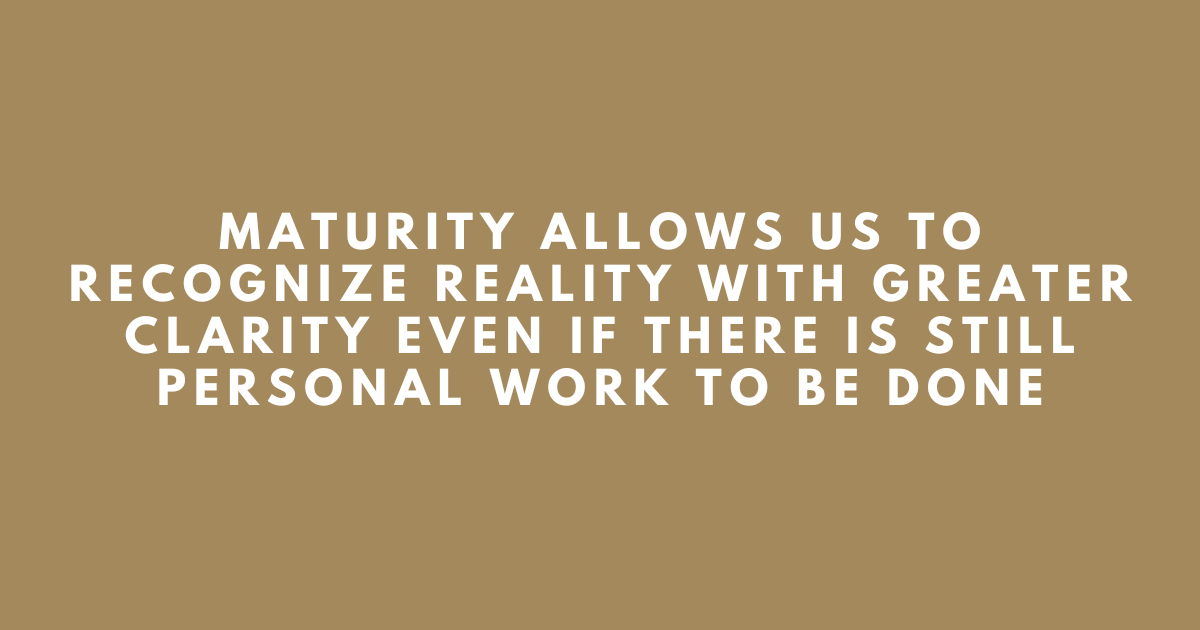
Maturity
The vast majority of us behave mechanically and act on autopilot. Our ambition is often consuming and our egotistical behavior is always «wanting more». We tend to become a «victim» because of the sufferings caused by this lifestyle. As a consequence, some will go through periods of deep doubt or great loneliness. There is an age when our ego begins to take up less space in our life. Now is the time to give more importance to the meaning of what is important to us, our values, than to the ego itself. Our lives are then less stressful and our centers of interest are transformed, including choosing those with whom we want to be.
Maturity allows us to recognize reality with greater clarity even if there is still personal work to be done. The «conscious shift» is not an end in itself, it cannot be acquired by money, nor by the best courses in personal development. This personal awareness manifests day after day. We finally connect to the source of everything and let ourselves be guided by life itself without seeking to control it. This is where the great difficulty lies. Let’s learn to free ourselves from a way of thinking built on a strategic and sequential mode. These are not goals that we need but a genuine and loving intention.
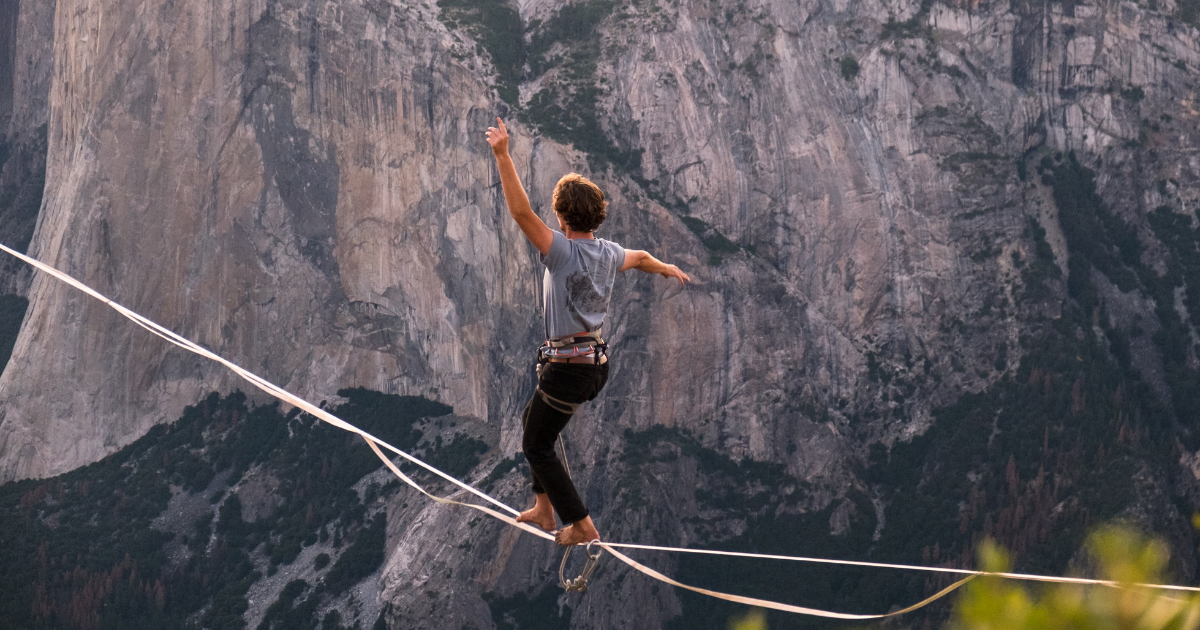
If You Read Us, You Need A Conscious Shift
Our ego needs to take less space in our life. Not only our ego, but also our ideas, our activities, our emotions. Being coached will balance your cognitive agility and your emotional groundings and will contribute to distillate what matters to you.
We get into a world where it becomes mandatory to feel uplifted and lighter. Heavier your mind will be, less it will be to move fastly with flexibility. Coaching is an investment. Your better investment if you want to be prepared for a better and greater future, enlighten your daily life and build up a conscious shift.

No longer merge with what emerges
Our environment is more and more violent. Chaos settles in our life and also our thoughts. This is the opportunity to stop judging what is happening and to initiate our individual and responsible journey. We manifest this world more than we undergo it. Living in full awareness is about continually remembering our human condition and observing ourselves with benevolent observation.
This awareness strengthens our immunity to events that occur. We observe them but we no longer merge with what emerges. We maintain an observer posture and we don’t merge with the event. Wild and destructive emotions are no longer likely to distract us from our path. Our passions are expressed but the horses no longer gallop or at least we can control them more easily, without emotional drama.
We have been conditioned to react to multiple threats from the origin of our species through survival mechanisms, such as fight or flight. It is time for today’s leaders to learn to transcend this primitive reaction. To move to a higher level in which we will create the neural pathways which will result in a neurocerebral harmony between our emotional center and our cortical era.
Living in non-violence and seeking peace requires that we understand and recognize the beliefs that determine them. These helping beliefs will gradually rebuild our reality. We will manifest peace through deep and regular work on ourselves.
The important thing is not only to understand it but to do it yourself and practice it today.

Uplifting Practices During Turbulent Times
The complexity of the events that surround us, the toxicity of the excess of information and the exaggerated stress that accompanies them, invite us to take “breaks” more frequently. Figure out what is really essential and somehow take responsibility for what really depends on us. Our leadership will gain in power and legitimacy, far from individual and collective dramas.
Giving yourself time to observe yourself is undeniably an inexhaustible source of inspiration. The times have come to know how to pay attention to what really matters, without worrying about what others will think. Coaching is there as a reminder and to guide us in this exciting journey.
